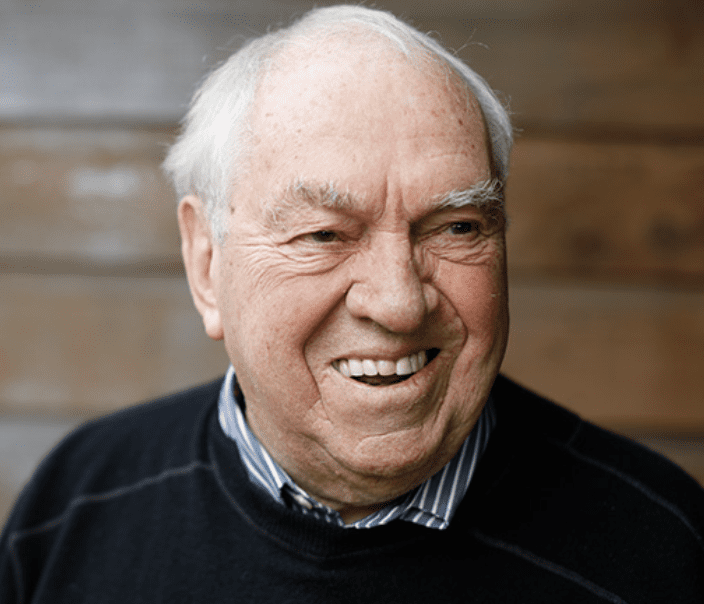Canada, like most western democracies, used to have a gentlemanly nature of politics. hat does this mean? Our country’s political system was more dignified, well-mannered, civil and intellectually stimulating, among other things.
There would obviously be tense moments in the Parliament of yesteryear. The occasional unsavoury word, phrase or exchange would make short-term waves in the House’s hallowed halls. That being said, Canadian politics used to be a process where bipartisan legislation, bridge building and friendships across the aisle were the norm rather than the exception to the rule.
Today’s Canadian politics is very different. This doesn’t mean some party leaders, cabinet ministers, opposition MPs and backbenchers don’t fit under the old-style parameters. They most certainly do. It’s the political system that’s become more ideologically rigid, terse, uncivil and occasionally filled with rage. While you have to accept reality and work within the current parameters, it doesn’t mean you can’t think back fondly and remember what politics used to be like.
When former Liberal Prime Minister John Turner passed away, this is what I wrote in my Sept. 22, 2020 Troy Media syndicated column, “Turner’s death signals that the final days of the gentlemanly nature of politics are nearly upon us.” We’re inching closer to that fateful final day.
Another member of Canada’s gentlemanly nature of politics recently left us. Former NDP leader Ed Broadbent passed away on Jan 11 at the age of 87. There will be a state funeral in his memory on Jan. 28.
Broadbent was born in Oshawa, Ont. His father, Percy, worked for General Motors – and his mother, Mary, was a homemaker. They were both “staunch conservatives,” according to Garth Stevenson’s entry in The Canadian Encyclopedia. He chose to follow a different work and ideological path from his blue-collar parents. He earned a PhD from the University of Toronto in 1966, and became a professor at York University. His doctoral thesis focused on classical liberal philosopher John Stuart Mill, and his supervisor was renowned left-leaning political theorist C.B. Macpherson.
His first dip into the political waters occurred in 1968. He ran against Progressive Conservative MP Michael Starr in the riding of Oshawa-Whitby. He won a tight three-way race against the PC incumbent and Liberal candidate Desmond Newman, coming ahead by a mere 15 votes. He had a few more close elections, including a rematch against Starr (1972) and PC candidate Alex Sosna (1984), but never lost the seat.
Broadbent became NDP leader in 1975 by beating British Columbia MLA Rosemary Brown on the fourth ballot. He was asked to join then-Liberal Prime Minister Pierre Trudeau in a coalition government in 1980 – in spite of the fact that Trudeau had won a small majority – but declined. He finished 10 seats behind Turner in the 1984 election won by Brian Mulroney and the Progressive Conservatives, the closest he ever came to becoming Opposition leader. He was the first NDP leader to ever lead the party to first place in opinion polling in 1987. He led the NDP to one of its best electoral showings in 1988, winning 43 seats – and stepped down as party leader in 1989.
Broadbent was often called “the best Prime Minister we never had” (or something similar to this). Mulroney went as far to say in a Jan. 12 CBC interview that Broadbent was on the “right side of history” and “he’d’ve been Prime Minister had he been leading any other party.” While I don’t agree with the first point, I completely concur with the second.
After several different public roles, including vice-president of Socialist International and director of the International Centre for Human Rights and Democratic Development, Broadbent returned to political life. He beat Liberal candidate Richard Mahoney in the riding of Ottawa Centre in 2004, and served in then-NDP leader Jack Layton’s shadow cabinet. It was a short-lived stint: he opted not to run again in 2006 to take care of his ailing wife, Lucille, who died later that year.
He would then devote most of his time and energy to speaking, teaching, writing books and founding the Broadbent Institute in 2011. Long regarded as one of Canada’s most popular and personable Canadian politicians, this perception remained the same in private life.
I can certainly attest to this.
I was fortunate enough to meet Broadbent quite a few times. It was usually at a conference, book launch or some such. While we obviously had very little in common when it came to politics, he was always friendly, engaging and interesting. I would never have voted for him, but I would always break bread with him in a heartbeat.
As sad as it is to see Broadbent leave us, a few members of the gentlemanly nature of politics are still alive and kicking, thank goodness.
Mulroney is one of them. Former Liberal Prime Minister Jean Chretien is another. In fact, the little guy from Shawinigan just celebrated his 90th birthday. The highlight of the evening? A video of former Prime Minister Stephen Harper singing to him in French. (Several eyewitness accounts have confirmed this.)
If we’re respectful, friendly or cordial with our political critics and rivals, the lines of communication could remain open and intellectual discourse could thrive. Maybe this is the way to keep the gentlemanly nature of politics from dying altogether.
Michael Taube, a long-time newspaper columnist and political commentator, was a speechwriter for former Canadian prime minister Stephen Harper.






